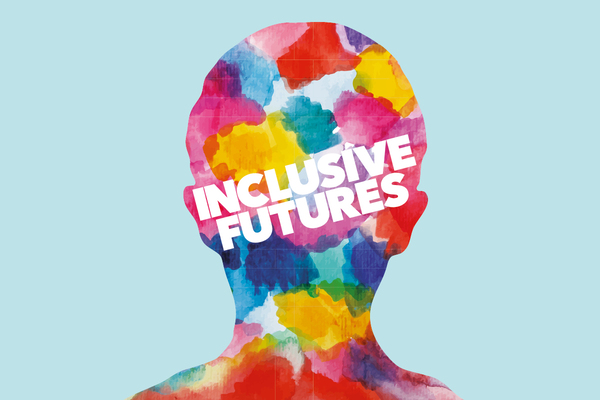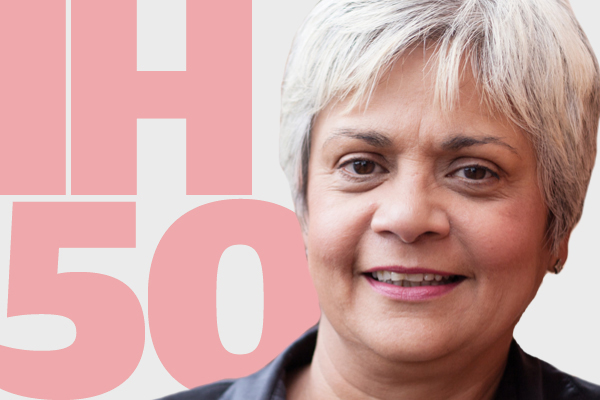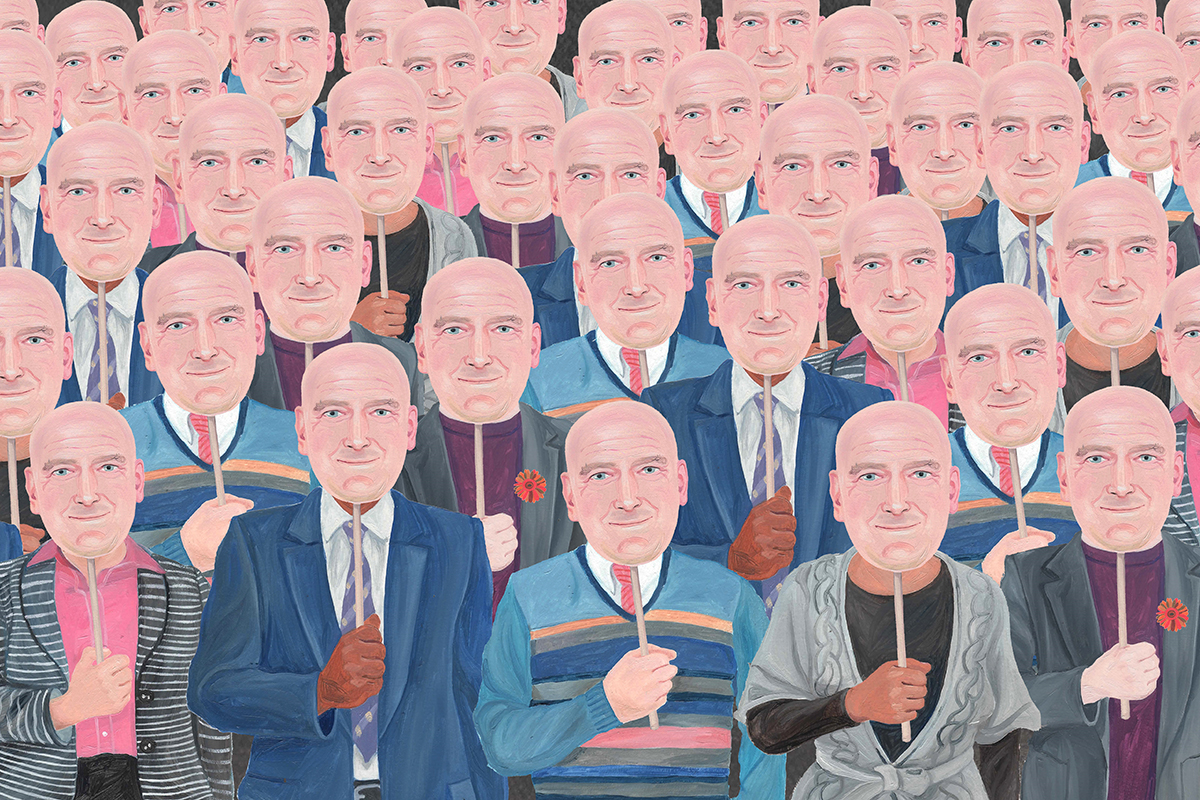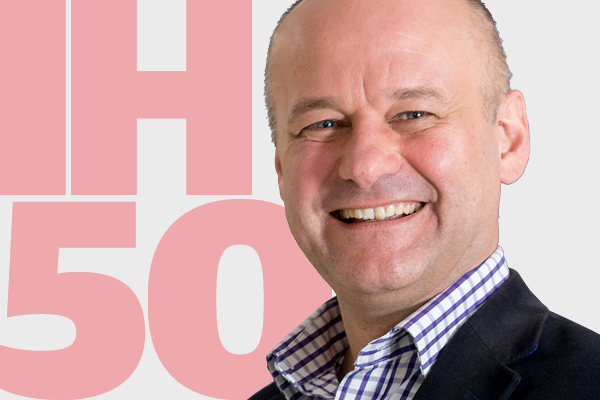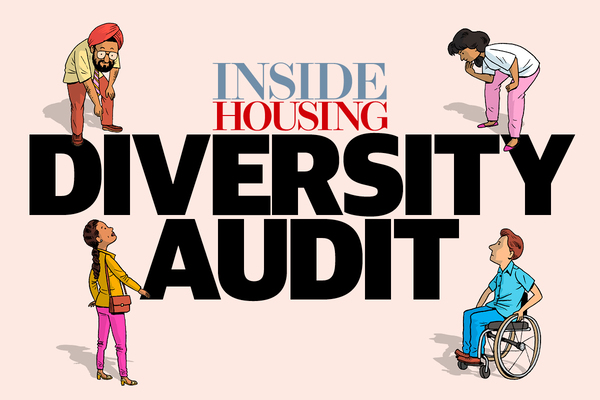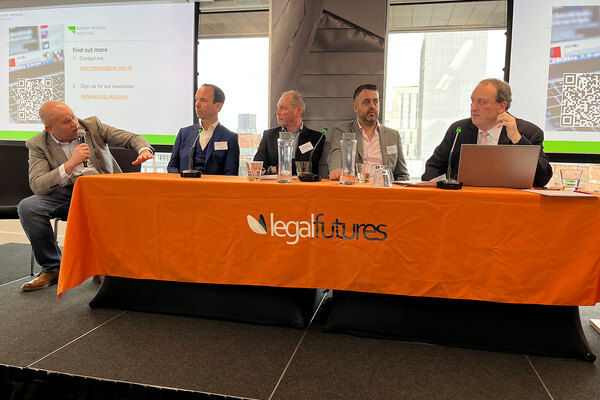You are viewing 1 of your 1 free articles
BME social tenants ‘less satisfied with landlord services than white tenants’
Social tenants from a BME background are less satisfied than white tenants on a range of issues including value of rent, repairs and maintenance, and resident involvement, a survey has found.
Inside Housing’s Inclusive Futures campaign aims to promote diversity and inclusion among housing’s leadership teams
Based on the answers of close to 7,000 social tenants, the survey revealed only 42% of BME tenants were satisfied with the overall service, compared to 58% of white tenants.
While the largest disparity in satisfaction exists between BME and white tenants, the survey discovered that groups protected by the Equality Act, including BME, disabled and LGBT people, are across the board less likely to say they are satisfied with landlord services.
Women are also marginally less likely to say they are satisfied with services than male tenants.
For each group surveyed, the category with the lowest satisfaction levels was ‘resident involvement’, while ‘satisfaction with neighbourhood’ was the category in which residents reported the highest level of satisfaction.
The survey is part of an upcoming report from thinktank Human City Institute (HCI) that looks into increasing levels of diversity among social housing residents.
Its full report, Fair for All, will be published later in the week, but its findings have been shared with Inside Housing early.
Kevin Gulliver, director of HCI and author of the report, said: “What these analyses describe is a social housing sector increasingly diverse in relation to the past, and to other tenures, and one that still fulfils its social purpose to house people most in need and that are disadvantaged in the UK’s economy and wider society.
“There remain some satisfaction issues, however, and social landlords will need to put greater effort into improving services to BME, women, LGBT and disabled tenants, or dismantling barriers that drive perceptions of different service levels.”
Inside Housing’s Inclusive Futures campaign calls for greater diversity among leadership teams in the social housing sector.
Inclusive Futures
Inside Housing’s Inclusive Futures campaign aims to promote and celebrate diversity and inclusion.
We are pledging to publish diversity audits of our own coverage.
We are also committed to proactively promoting positive role models.
We will do this through the pages of Inside Housing. But we will also seek to support other publications and events organisations to be more inclusive.
Our Inclusive Futures Bureau will provide a database of speakers and commentators from all backgrounds, for use by all media organisations.
We are also challenging readers to take five clear steps to promote diversity, informed by the Chartered Institute of Housing’s diversity commission and the Leadership 2025 project.
THE CASE FOR CHANGE
34%
of housing association chief executives are female
1%
of housing association executives have a disability
1.6%
of housing association board members are LGBT
Women make up 46% of the UK workforce, but Inside Housing research found that they are under-represented on housing association boards (36%), executive teams (39%) and among chief executives (34%).
Almost a fifth of working-age adults have a disability (18%), yet associations reported only 1% of executives and 4.5% of board members with a disability. Many were unable to provide details.
Nationwide, 14% of the working-age population come from a BME background, climbing to 40% in London and Birmingham. Yet our research found that 6.8% of board members identified as BME, compared with 4.5% of executives.
Statistics on representation of LGBT people in the workforce are in short supply, but official statistics suggest that 2% of the total UK population identify as lesbian, gay or bisexual, rising to 4.1% for 16 to 24-year-olds. Our survey found that 1.6% of board members and 10 executives were LGBT – but most organisations were unable to provide figures.
THE INCLUSIVE FUTURES CHALLENGE
Inside Housing calls on organisations to sign up to an inclusive future by taking five steps:
Prioritise diversity and inclusion at the top: commitment and persistence from chief executives, directors and chairs in setting goals and monitoring progress.
Collect data on the diversity of your board, leadership and total workforce and publish annually with your annual report. Consider gender, ethnicity, disability, sexuality, age, and representation of tenants on the board.
Set aspirational targets for recruitment to the executive team, board and committees from under-represented groups.
Challenge recruiting staff and agencies to ensure that all shortlists include candidates from under-represented groups.
Make diversity and inclusion a core theme in your talent management strategy to ensure you support people from under-represented groups to progress their careers.
INSIDE HOUSING’S PLEDGES
We will take proactive steps to promote positive role models from under-represented groups and provide information to support change.
We pledge to:
Publish diversity audits: We will audit the diversity of the commentators we feature. We will formalise this process and publish the results for future audits twice a year.
Promote role models: We will work to highlight leading lights from specific under-represented groups, starting in early 2018 with our new BME Leaders List.
Launch Inclusive Futures Bureau: We will work with the sector to compile a database of speakers, commentators and experts from under-represented groups. The bureau will be available to events organisers, media outlets and publications to support them to better represent the talent in the sector.
Take forward the Women in Housing Awards: Inside Housing has taken on these successful awards and will work to grow and develop them.
Convene Inclusive Futures Summit: Our new high-level event will support organisations to develop and implement strategies to become more diverse and inclusive.
The Inside Housing Diversity Audit: how diverse has our coverage been?
The media plays a key role in championing diverse role models, so we designed a project to measure Inside Housing’s track record.

